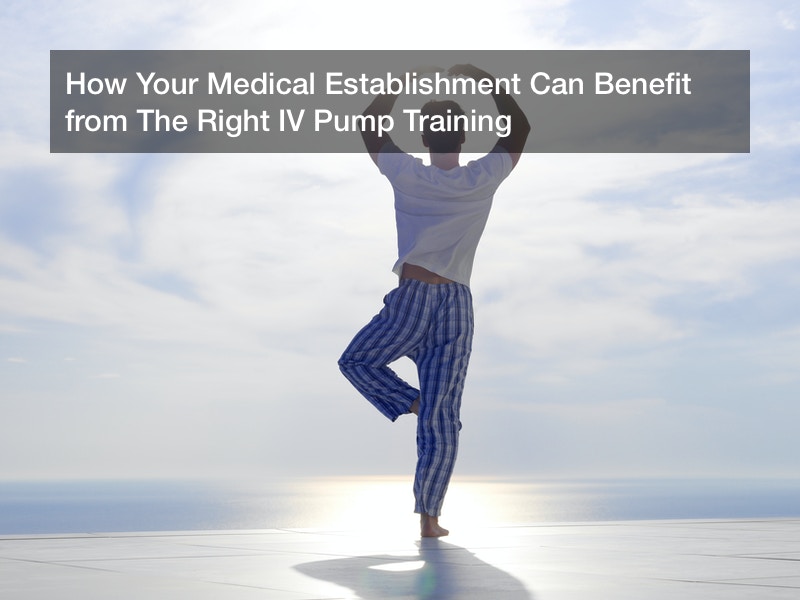
In the healthcare industry, establishments do the important work of helping people achieve recovery from a range of health conditions and diseases. Hospitals and nursing homes need to create the kind of infrastructure that can allow them to create smooth workflows that make the process of taking care of patients smooth and seamless. The infrastructure is something that can matter a lot in these situations and if you run or manage such an establishment, taking every step you can to facilitate this can be a great decision.
One of the most important aspects of caring for patients is making sure that their care during their stay at your establishment can be top-notch. For all patients admitted to your establishment either prior to or after operations or procedures of any kind, occupying a bed and getting treatment and medication while they stay there can be crucial. These are times when you need to prevent infections, take proper care of the patients, and ensure that they are getting the right amounts of medication on time. It is in these cases that the elements of human error and problems with staff, scheduling, and equipment can cause a lot of problems.
This can present an excellent opportunity for your establishment to embrace measures that can make patient care easier and far less uncertain in terms of the variables involved. One of the areas here where you can make vast improvements is the administration of IVS or intravenous drips. Using an IV is one of the most foolproof ways of administering important medication and nutrition while a patient is occupying one of your beds and this is where the equipment can really matter a lot. Using older, more traditional equipment can present a number of situations that might make caring for patients more difficult and intensive for your staff. This is where you can consider the important advantages of IV pumps.
IV pumps of different kinds are currently available in the market that makes the process of administering fluids through the intravenous route possible and easy. Infusion systems and lightweight infusion pumps along with the right IV pump equipment and IV tubing are things that are used across most hospitals in order to provide patients with their medication and important nutrients during their stay. There can be many levels of infusion systems, IV infusion pumps, and related equipment that you can use in your establishment. Opting for more automated systems, however, can be a great way to make the procedures less intense for your staff and eliminate human errors.
With that proper IV pump training for your staff and the latest modern solutions installed in your establishment, a lot can be accomplished in terms of reliable patient care. Automated IV pumps operated by people with the right IV pump training can provide reliable doses of medication to the patients without the need for extra human intervention or the complications of human error. These machines are designed to be programmed to a great granular degree where you can automate the delivery of a very specific amount of fluid according to a detailed timing schedule. This means that there would be very little need for your personnel to check on these machines or to operate them manually, which can often result in errors.
With the right equipment, a lot can also be accomplished in terms of making your workflow smoother and more efficient. In a lot of cases, hospitals can struggle with patient requirements because of limited staff. Manual equipment can also require regular monitoring and calibration, increasing the workload on your staff even further. With the proper equipment and the right IV pump training, all these problems can be overcome and you can create a workflow that is fast, easy, and reliable. There can be many ways you can provide your staff with the right IV pump training pertaining to the exact model of equipment that you are using.
Keeping these important points in mind, you can certainly make important changes to your equipment in the hospital to ensure that you create an even higher standard for patient care and significantly reduce the workload on your staff.
